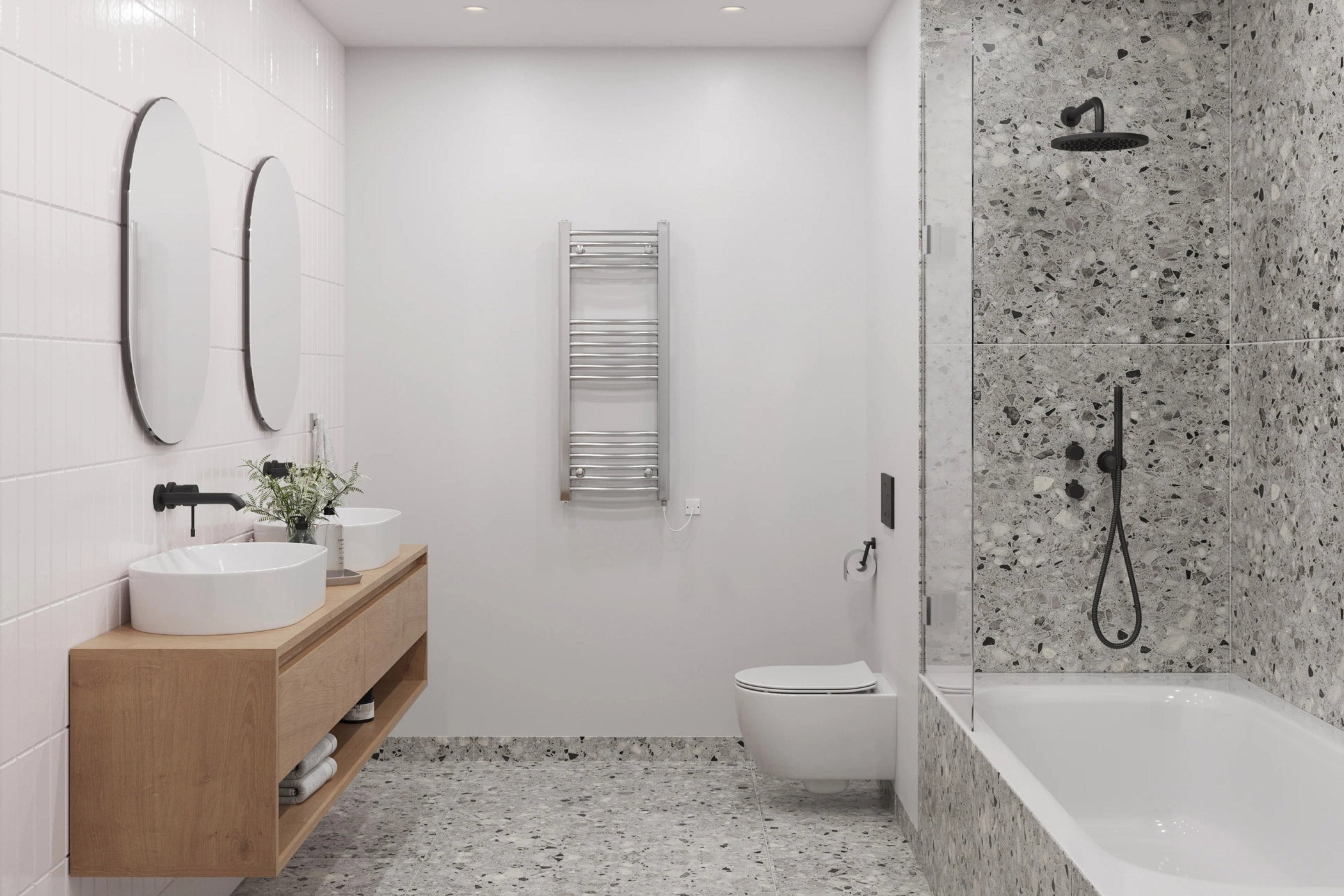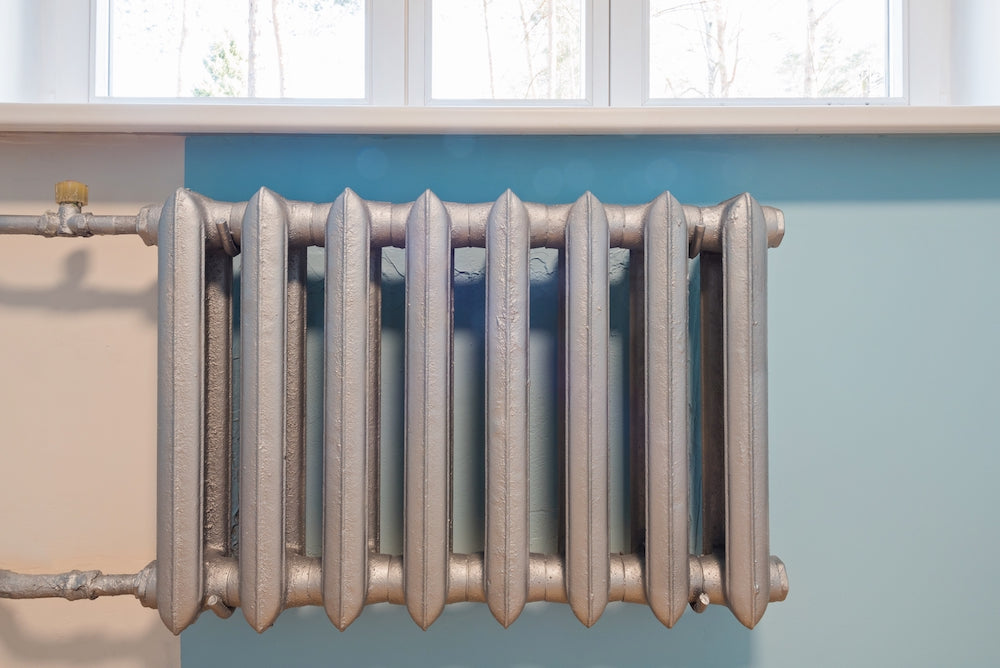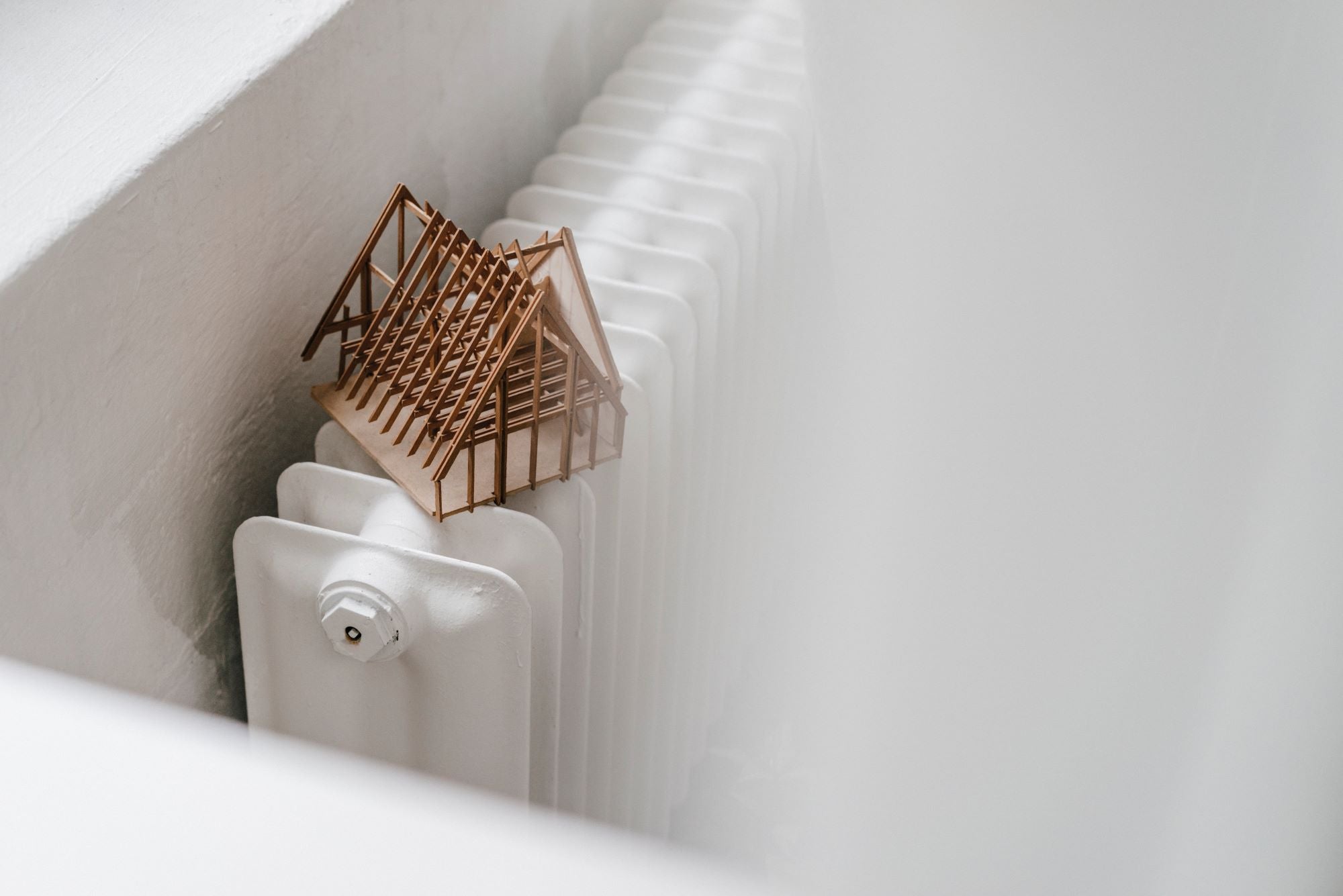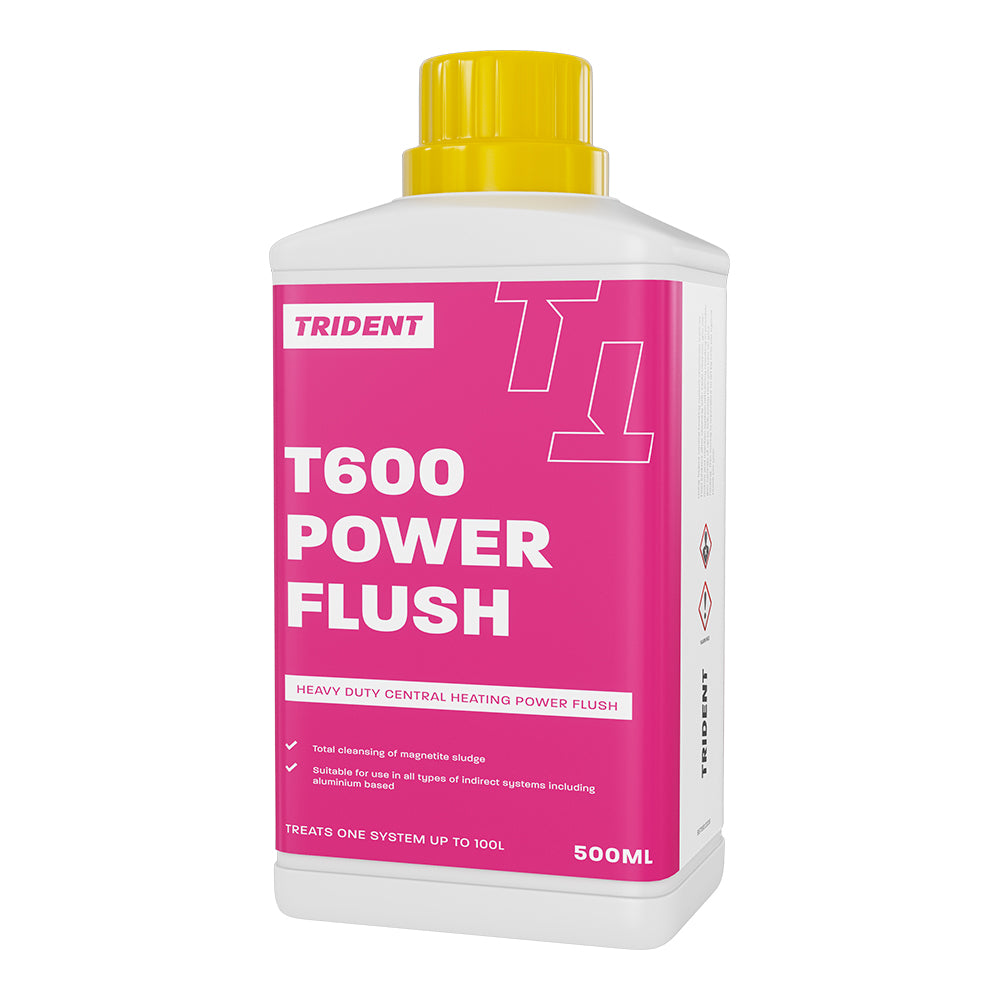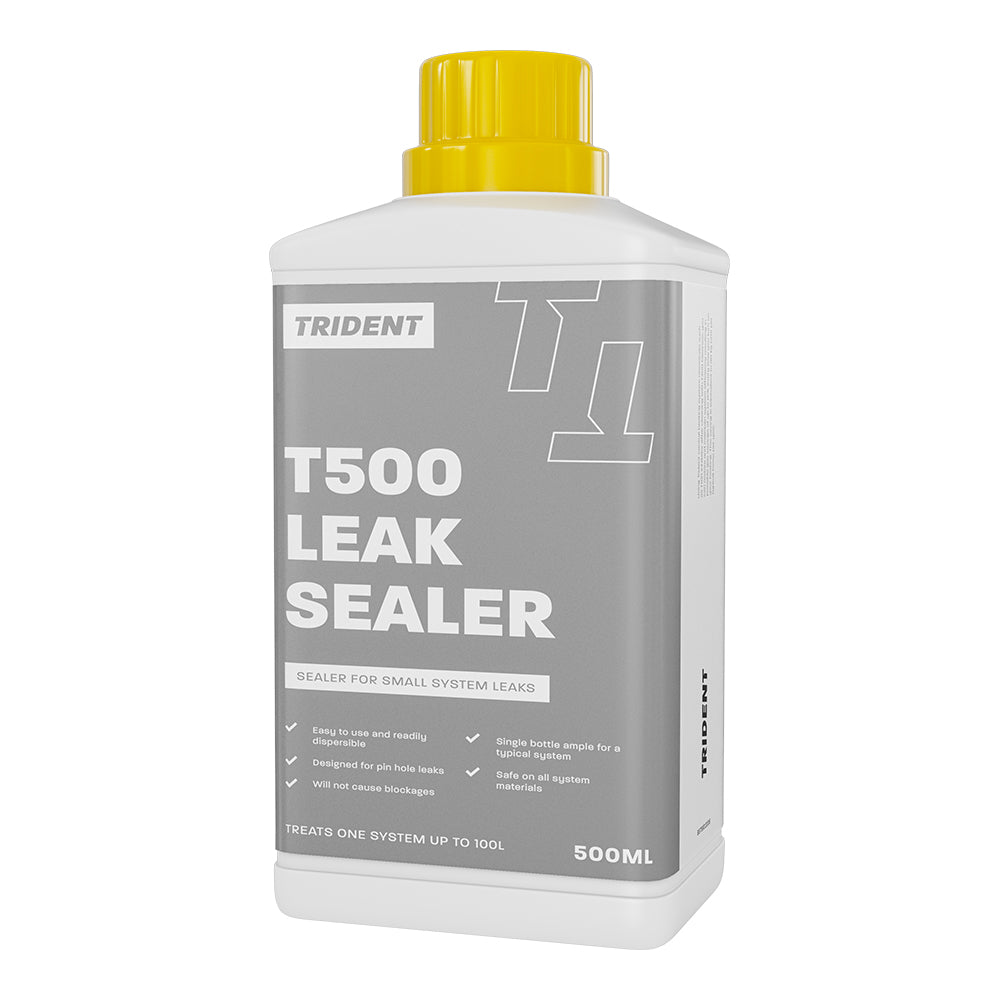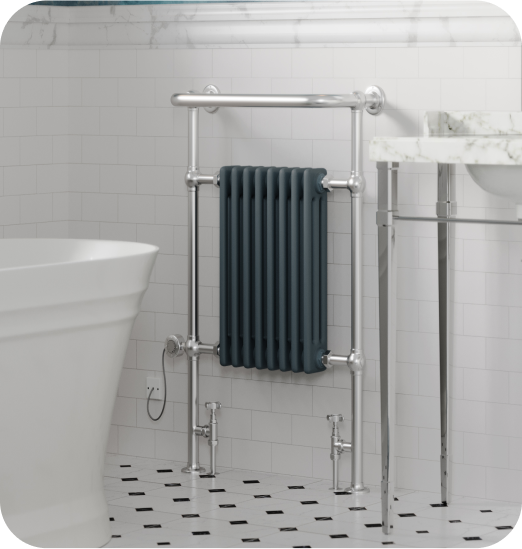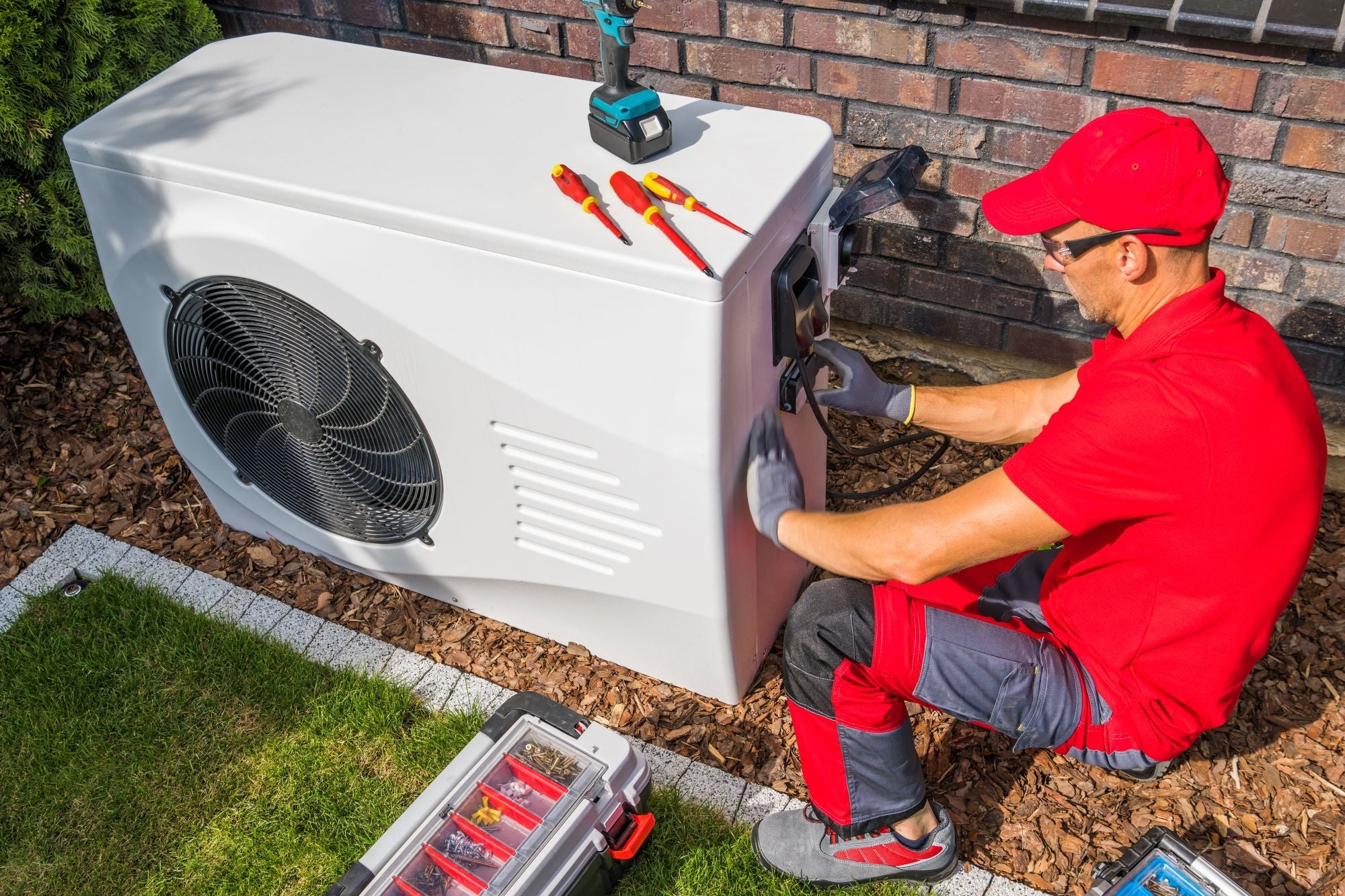
Heat Pumps for Radiators, Explained
Heat pumps are a recent development in the world of home heating and with them come many questions, such as: are heat pump radiators available? Are they an eco-friendly heating option? Can they heat a whole house?
Luckily, UK Radiators, experts in everything to do with central heating radiators, is here to help answer them.
We’ve put together this guide to heat pump radiators and how they work, so you can explore this new way of staying toasty. After all, we’re dedicated to finding all the best ways to heat your home.
What Is a Heat Pump?
A heat pump is a new form of heating system that allows heating and cooling by drawing heat from an external source like air, ground or water. It can heat the water held within a central heating system that flows through radiators and can also be stored in a hot water cylinder to use for household water.
The whole heating system uses only existing heat. This makes it far more environmentally friendly than heating water from a central heating boiler tank by using fossil fuels like gas.
How Heat Pumps Work
In the simplest terms, rather than generating heat, heat pumps draw existing heat from a source such as air, water or the ground by heating pipes full of water and refrigerant.
This is then sent through a compressing cycle in which the energy is extracted from the refrigerant by evaporation. This newly warmed water can be sent through the heat distribution system into a heat pump radiator to warm your home.
Can Heat Pumps Be Used to Power Radiators?
Yes - heat pump radiators, though currently uncommon, are possible. There is a common misconception that heat pumps cannot be used to power radiators due to not generating high enough flow temperatures. The flow temperature refers to the heat of the water that circulates in the central heating system, heating the radiators.
Will Radiator Temperatures be Limited by a Heat Pump?
Yes - A traditional gas boiler is able to quickly heat the water in a central heating system to a higher temperature than a heat pump can currently ever achieve.
However, while it’s true that the flow temperature of the central heating system is limited by the heat source it is drawing from, this isn’t necessarily a complete deal breaker for heating a home.
It is possible to generate enough heat to efficiently heat your home if you control certain factors to assist this form of heating to work most effectively:
-
Choose a heat pump that generates the most heat possible by its source. Ground source - or geothermal - heat pumps are able to generate the most heat of all heat pump types as they draw from the ground temperature. Even in colder climates and in Winter, the ground temperature that the pump draws from remains constant.
-
Be willing to accept that higher temperatures are not as quickly achievable as with a traditional central heating boiler. In order to keep your home at a comfortable temperature you may need to preset your heating to come on earlier than usual and keep it on for longer periods to reduce heat loss.
- You may also wish to consider upgrading your home’s insulation in order to combat heat loss most effectively.
- Opt for radiators that are compatible with lower flow temperatures.
Do Heat Pump Radiators Need to Be Larger than Regular Ones?
Opting for radiators that are compatible with lower flow temperatures, does not mean that you need to buy any kind of specialised heat pump radiators. It simply means that in order to effectively and comfortably heat a home with the limited flow temperature produced by heat pumps, a larger radiator is considered most effective.
How Much Bigger do Heat Pump Radiators Need to Be?
An HVAC engineer can help to assess your home and let you know more precisely how large the radiators need to be to maximise your heating performance. However, as a general rule, you will need to increase the surface area of your radiators by around 2 to 2.5 times.
For example, in spaces where you have single radiators, you will need to install double radiators.
Why Are People Switching to Heat Pumps?
Despite having the inconveniences that we’ve discussed, heat pumps also have many benefits. It’s these interesting advantages that are tempting people to switch to this new alternative heating system. The key benefits tend to boil down to 3 major factors:
-
Cost Savings - Heat pumps are extremely energy efficient, which means reaping energy savings, and therefore cost savings, after the initial outlay and installation costs.
-
Environmental Impact - Another impact of the energy efficiency from heat pumps is that they are a much more eco-friendly heating option than traditional fossil fuels.
- Heat Pump Grants - The UK government is offering significant financial incentives to help with the initial outlay and installation fees for heat pumps. The Boiler Upgrade Scheme is part of the government’s efforts to work towards net zero emission targets.
Looking Into Upgrading Your Heating? Contact UK Radiators
Heat pumps are just one approach to consider to reduce heat loss in a house. While they come with many benefits, they also have high initial costs and the need to increase the size of your central heating radiators.
We know there’s a lot to consider when you’re reviewing your home heating. If you want to speak to a friendly member of the UK Radiators team, we’re always here to chat about how you and your family can get the most from your heating system. Give us a call at 0333 006 8227 or send your enquiry to sales@ukradiators.com.















